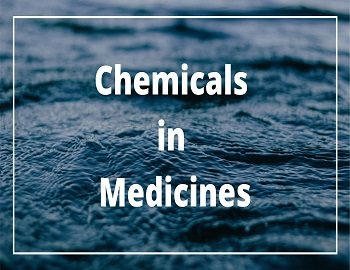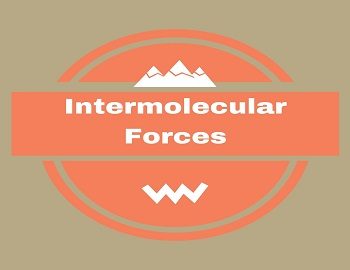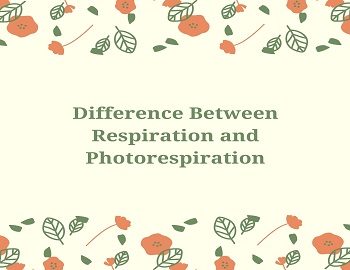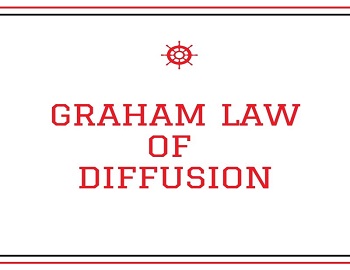Table of Contents
Chemicals in Medicines:
The chemical substances which are used for curing diseases and for reducing suffering from pain are known as Drugs or Medicines. The branch of Science which deals with the curing of a disease by the action of certain specific chemicals which can kill the disease-causing micro-organisms is known as Chemotherapy and the chemicals used for the cure are known as Chemotherapeutic agents.
Antiseptics:
These are chemical substances that prevent the growth of micro-organisms or may even kill them but are safe to living human tissues. These are generally applied on wounds, cuts, ulcers and diseased skin surfaces. Example- 0.2% solution of Phenol, Tincture of Iodine, Gentian Violet etc.
Disinfectants:
These are chemical substances that are used for destroying micro-organisms, but these are harmful to living human tissues and are thus used for cleaning drains, floors, bathrooms etc. Example- 1.0% solution of Phenol or KMnO4, SO2 etc.
Germicides:
These are chemical substances that are used for killing various germs, fungi and viruses. Example- 1.3% solution of Phenol.
Tranquilizers:
These are chemical substances that are used for the cure of mental diseases and affect the central nervous system and induce sleep in the Patients. The Tranquilizers are also called Psycho-therapeutic drugs. These are habit-forming and should not be taken without proper prescription. Example- Luminal, Seconal and Equanil.
Analgesics:
These are chemical substances (medicines) that are used for relieving pain. These are of two types- Narcotics and Non-narcotics.
- Narcotics- These are habit forming drugs and cause sleep and unconsciousness if taken in excess. Example- Codeine, Heroin (Morphine-diacetate) etc.
- Non-narcotics- These act both as Antipyretics and Analgesics. Example- Novalgin and Aspirin (Acetylsalicylic Acid).
Antipyretics:
These are the chemical substances that are used to bring down the body temperature in high fever and their use often leads to Perspiration. Example- Aspirin, Paracetamol and Phenacetin. Aspirin should not be taken on an empty stomach, because on hydrolysis it gives Solicyclic acid which causes bleeding in the stomach.
Antibiotics:
These are chemotherapeutic substances that are derived from specific micro-organisms like bacteria, mould, fungi etc. and are used for destroying the life processes of other micro-organisms like viruses which cause infection. These are named Antibiotics because these are the products of life processes and are used to stop other life processes. The most commonly used Antibiotics are-
- Penicillin- It was the first antibiotic to be discovered by Alexander Fleming in 1929. It is used for curing Pneumonia, Bronchitis, Abscesses, Sore-throat etc. Ampicillin and Amoxycillin are semi-synthetic modifications of Penicillin which are used for the treatment of respiratory and gastrointestinal infections.
- Streptomycin- It is used specifically for the treatment of Tuberculosis.
- Tetracycline (Terramycin)- It is used for the treatment of common infections like urinary tract infection (UTI), Bronchitis, Bronchopneumonia.
- Chloramphenicol (Chloromycetin)- It is a broad-spectrum antibiotic used for the treatment of typhoid fever, diarrhoea, pneumonia, bacillary dysentery, UTI, meningitis etc.
Sulfa Drugs:
A group of drugs that are derivatives of Sulfanilamide are called Sulfa drugs. These have great antibacterial power and are used in place of antibiotics. Some important sulfa drugs are-
- Sulfanilamide (p-Amino benzenesulfonamide)- It was widely used for the treatment of Pneumonia, urinary and respiratory infections. But nowadays, it has been replaced by its various derivatives like sulfaguanidine, sulfadiazine, sulfapyridine, sulfacetamide, sulfafurazole, sulfathiazole) which are less toxic and are more effective in particular infections. So, it is now used as a dusting powder for dressing of wounds.
- Sulfadiazine- for curing dysentery, urinary and respiratory infections.
- Sulfapyridine– used specifically for the treatment of Pneumonia.
- Sulfaguanidine– for the treatment of severe bacillary dysentery.









Comments (No)